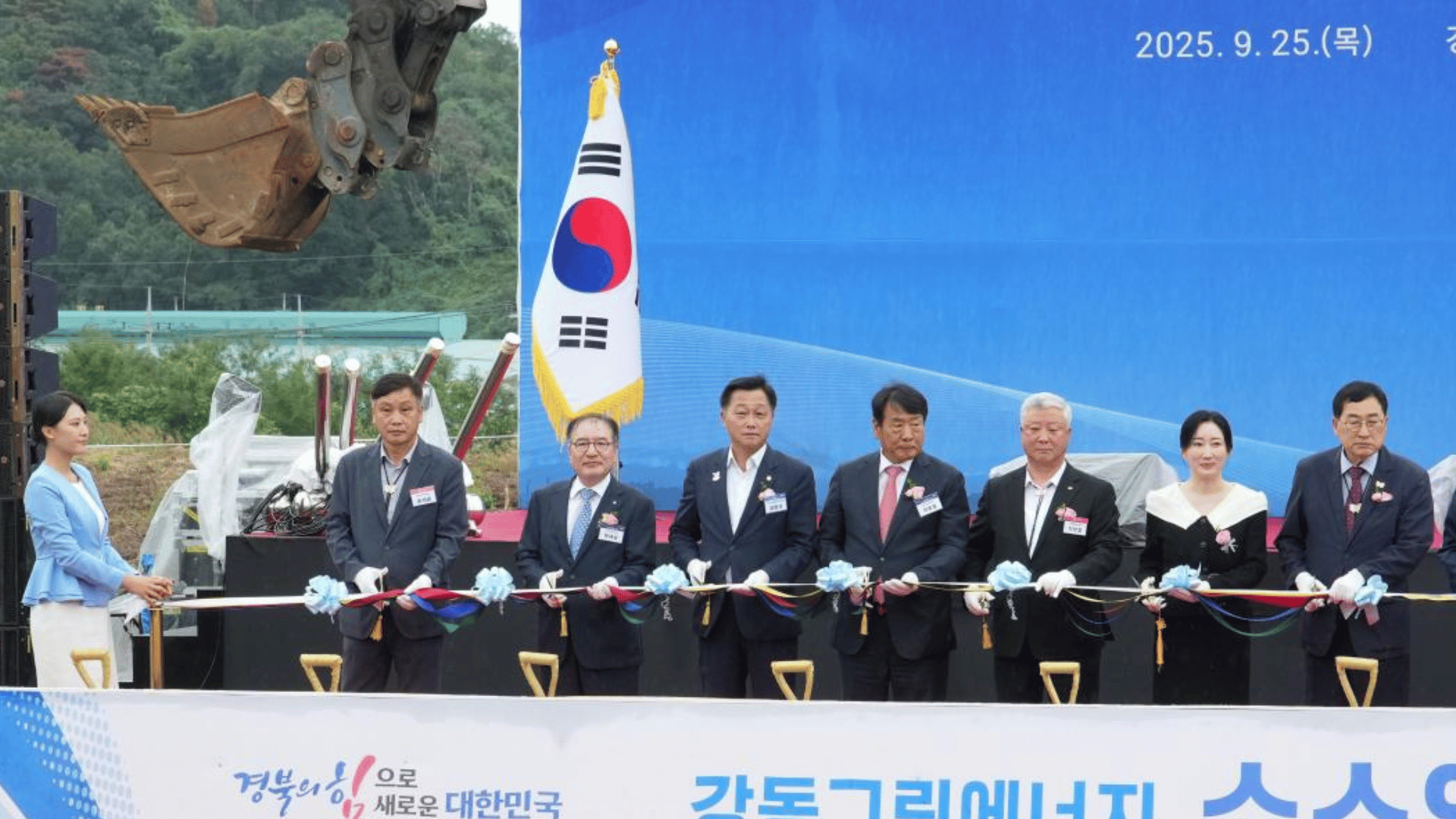South Korea is forging ahead with its clean energy transition, announcing plans for the Gangdong Hydrogen Fuel Cell Power Plant in Gyeongju, Gyeongsangbuk-do. Set to be the nation’s largest of its kind, the massive public-private initiative is projected to boast a 107.9 MW capacity. It is expected to cost approximately 771.6 billion won (approximately $550 million).
According to a Fuel Cell Works report, this groundbreaking facility is slated to begin construction in March of next year and become operational by March 2028. Once complete, the power plant is “poised to supply sufficient electricity to sustain 270,000 four-person households each year, addressing the critical energy needs of the region.”
Strategic Energy and Economic Boost

The project’s significance extends far beyond simply generating green electricity. It is designed as a crucial measure to enhance electricity supply reliability for neighboring industrial complexes, particularly the Pohang Yeongil Bay and Blue Valley complexes, which have been struggling with power deficits.
Financed through the Regional Activation Investment Fund, a collaboration between the government, local administrations, and private finance, the project underscores a broader strategy for regional growth. Reports highlight the substantial economic impact, including the approximately 1,200 jobs it is expected to create. Additionally, it is expected to generate corporate tax revenues of approximately 73.3 billion won ($52.1 million).
A Blueprint for Regional Transformation
This fuel cell plant is the fourth project supported by the Regional Activation Investment Fund, following similar ventures like the Jeonnam Yeosu Myodo LNG Terminal. The Ministry of Strategy and Finance is reportedly considering expanding the fund with an additional 300 billion won ($213.6 million) next year.
Governor Lee Cheol-woo said, “This Gangdong hydrogen fuel cell power generation project was also promoted as an extension of the private investment and energy transformation policy, and will be the starting point for connecting energy policy with advanced industry investment policy.”
The Governor emphasized that Gyeongsangbuk-do intends to create “an exemplary case where a well-made system like the Regional Activation Investment Fund can change a region,” positioning the region as a leader in sustainable development driven by local capacity.







